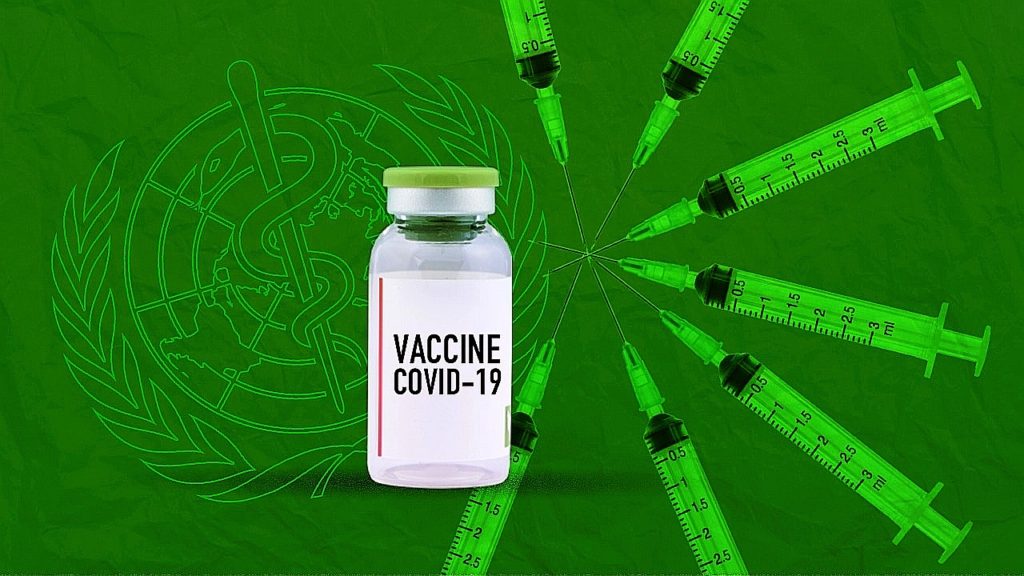Highlight 6/2021 – Vaccine Diplomacy in the Era of COVID-19
Tony Outhaithip, 1 March 2021

It has been more than a year since the Corona virus started to infect people at the end of 2019 and over a hundred million people have been infected. Due to no therapeutics for this deadly virus, most governments have to take measures to prevent and control this pandemic; for instance, lock down a city, close borders, impose a travel restriction, work from home, keep social distancing and wear a mask in public, etc. Though these measures can slow the pandemic and reduce the number of new infected cases, it also causes huge negative impacts on the living condition of the people as well as countries and world economy. Many companies and businesses have closed or temporally intermitted and millions of people lose their jobs.
No one or a single country can solve this global problem alone, it requires solidarity and global solution. To respond to this pandemic, first of all, we need COVID-19 vaccines that are not costly, safe and effective to build immunity for our people especially, the vulnerable people and frontline healthcare workers. Fortunately, COVID-19 vaccines can be developed less than a year after the outbreak while other vaccines may take several years or decades to develop. Recently, most global media have focused on the vaccines produced by the USA, China, Russia and India; however, the existing vaccines are still expensive and limited. Poor people particularly in low- and middle-income countries may not be able to access these vaccines if there is no assistance from the international community and their respective governments.
Health issues can be politicized and vaccines will be one of the most powerful tools that can be exploited as a diplomatic maneuver in the era of COVID-19. The competition on developing vaccines is very high and many bilateral agreements on purchasing vaccines have been reached during the year. Some powerful states may use vaccines to boost their reputation, influence and to pursue their national interests. The low- and middle-income countries are the most vulnerable and have difficulty to get enough vaccines for their citizens. Some governments have donated vaccines to its alliance which can be seen in good merit as well as being seen vaccines diplomacy.
Everyone in the world should have the right to access vaccines regardless of their social status. In April 2020, the COVAX initiative, co-led by the World Health Organization, the Vaccine Alliance and the Coalition for Epidemic Preparedness Innovations, was established to ensure that all participating countries will have fair and equitable access to COVID-19 vaccines once they are available. This programme is a good example of a global solution in response to the pandemic and it is also a good sign that all-powerful states have joined this programme. Nevertheless, there are still many challenges to achieve this goal. Unfortunately, COVAX does not have enough financial support to give free vaccines to everyone and vaccine distribution is not an easy task. All countries have to ensure that the healthcare infrastructure is in place and other technical supports are available.
With the current situation of vaccine scarcity, we can fortune that the vaccine distribution may take several years and the COVID-19 will change the way we lived before and learn to adapt what we call “New Normal”. During this time, we will notice the Vaccine Diplomacy is being utilized by vaccine producing countries for their national interest and their political will. Hopefully, we will shortly address the pandemic and can go back to live as a new normal with more resilience. We live in a turbulent time and our society needs solidarity more than ever. ‘‘No one is safe until everyone is safe’’.
Tony OUTHAITHIP, Vaccine Diplomacy in the Era of COVID-19, Highlight 6/2021, available at www.meig.ch
The views expressed in the MEIG Highlights are personal to the author and neither reflect the positions of the MEIG Programme nor those of the University of Geneva.
